Salvation Army to recycle polyester clothes into pellets
- Published
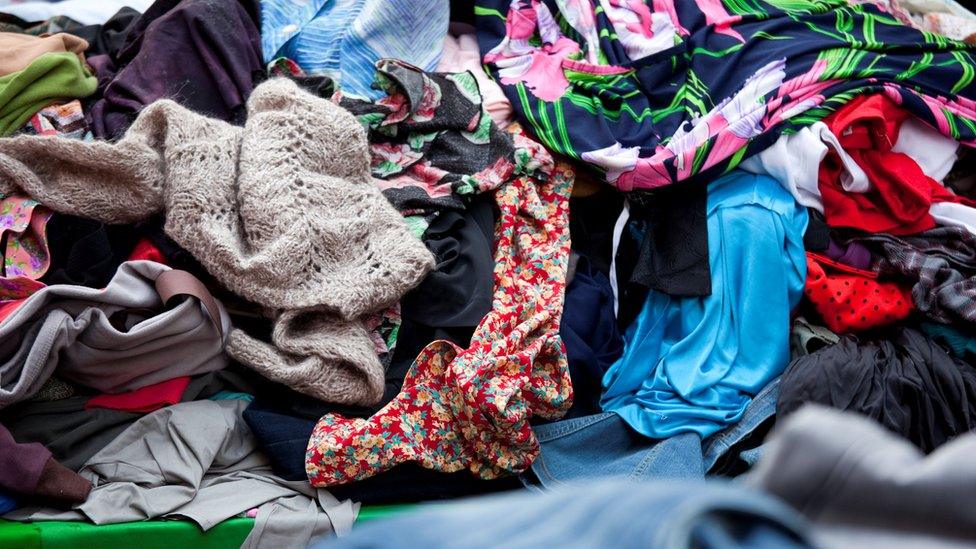
Project Re:claim says only 1% of textiles consumed in the UK are recycled
Plans have been unveiled by a charity to recycle second-hand polyester clothing ready for use in new garments - claimed to be the first of its type.
The Salvation Army hopes that the "circular" technology, based at its site in Kettering in Northamptonshire, will reduce clothing waste.
The UK creates more than 0.5 million tonnes of polyester textile waste a year, the project said.
Project Re:claim's Majonne Frost called it "the future of fashion".
"When your favourite jumper is worn out, we will take it and turn it into polyester pellets, ready to be turned back into a new jumper," said Ms Frost, head of environment and sustainability at the Salvation Army Trading Company Ltd (SATCoL), external, which is the commercial arm of the Christian organisation, which runs a network of charity shops.
Much of the UK's polyester waste is currently incinerated or sent to landfill.
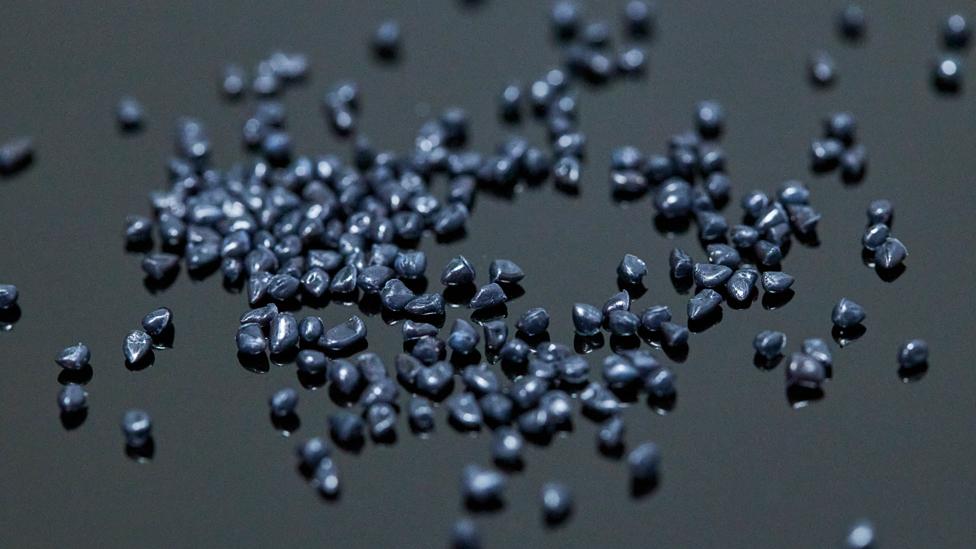
The new machine turns clothing into polyester pellets, which in turn are made into new yarn
SATCoL has teamed up with the Project Plan B, external - a firm which creates garments from recycled materials.
The Salvation Army receives millions of items of donated clothing at its charity outlets.
Ms Frost said: "There are always items which are too damaged and we cannot resell, and they are often garments made from polyester.
"This is the future of fashion."
SATCoL's plant on Weekly Wood Avenue in Kettering already houses an automated textile sorting system called Fibersort.
Project Plan B is now going to install equipment that will then turn the material into polyester pellets, which can be used to create new textiles, and ultimately new clothing.
SATCoL said it would be the UK's "first commercial-scale, post-consumer polyester recycling plant".
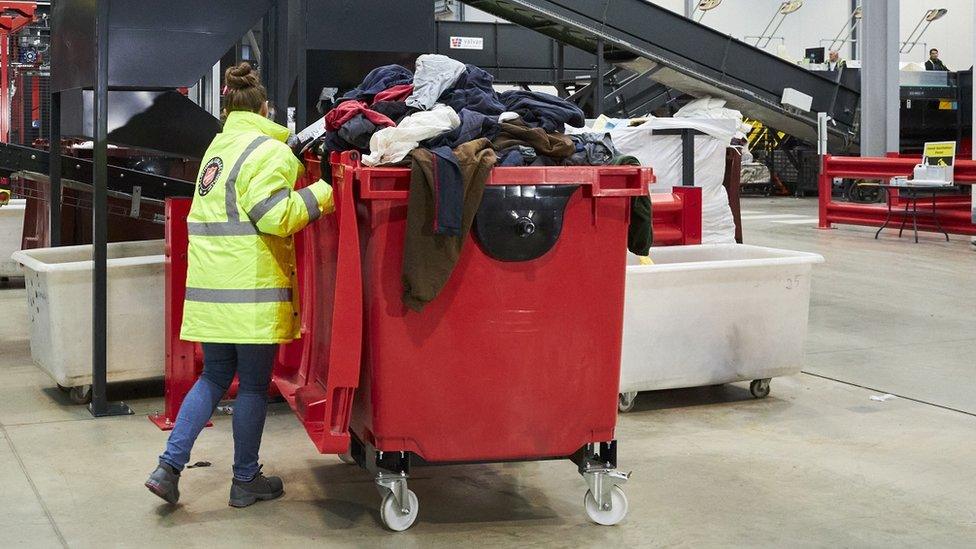
The Salvation Army Trading Co. said it used items donated to the charity's 240 shops and centres
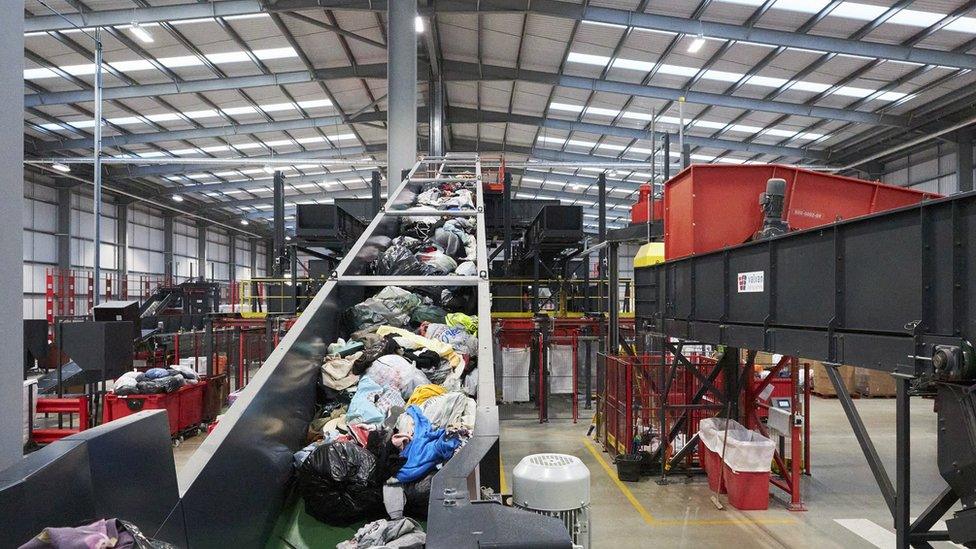
The Salvation Army said it reused or recycled more than 250 million items last year
Tim Cross, chief executive at Project Plan B, said: "We need a seismic change in how garments are designed and produced.
"Polyester textile recycling is one of the biggest opportunities to reduce the harmful impact of producing garments."
The new pellet producing operation was expected to recycle about 2,500 tonnes in its first year, rising to 5,000 tonnes the following year.

Find BBC News: East of England on Facebook, external, Instagram, external and Twitter, external. If you have a story suggestion email eastofenglandnews@bbc.co.uk, external
- Published13 June 2023
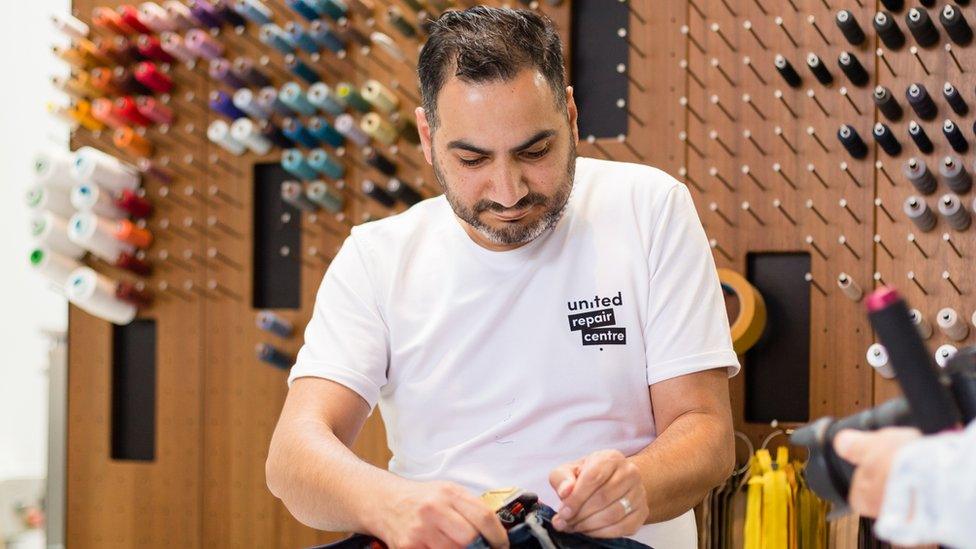
- Published3 March 2023

- Published23 August 2022

- Published18 June 2019

- Published12 February 2015
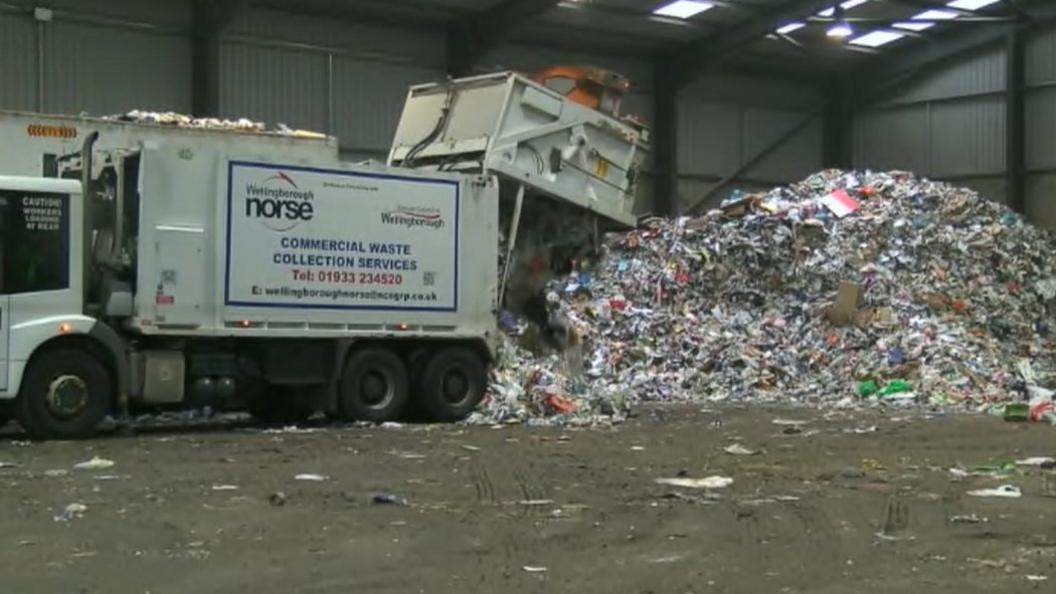
- Published4 April 2014
